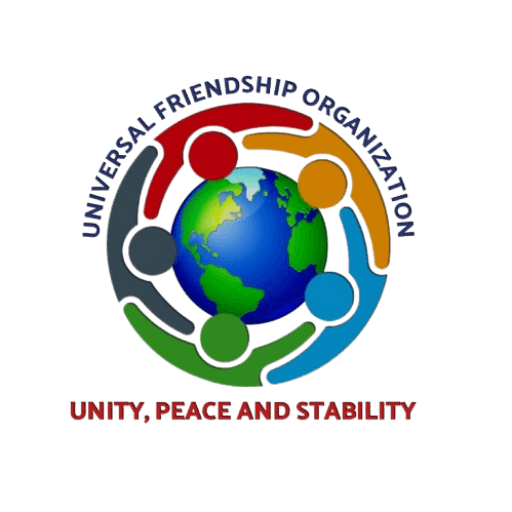 The Universal Friendship Organisation (UFO) of Ghana has raised the alarm over the rising number of local conflicts across the country, urging urgent intervention to prevent further loss of lives and disruption of social and economic development.
The Universal Friendship Organisation (UFO) of Ghana has raised the alarm over the rising number of local conflicts across the country, urging urgent intervention to prevent further loss of lives and disruption of social and economic development.
In a statement marking World Peace Day, UFO noted that while Ghana has long been celebrated for its democratic resilience and peaceful political transitions, recent years have revealed a growing undercurrent of localized conflicts, particularly linked to chieftaincy disputes and politically-motivated violence.
Chieftaincy Disputes Remain Leading Threat
Chieftaincy disputes are the leading cause of local conflicts in Ghana, with the National Peace Council identifying 190 active hotspots nationwide. These disputes, often arising from historical rivalries, contested land ownership, and succession struggles, have resulted in significant violence.
The Bawku conflict, a long-standing dispute between the Kusasi and Mamprusi communities, flared up in July 2025, prompting military intervention and the imposition of curfews after attacks on schools. Similarly, the Gbiniyiri clashes in the Savannah Region in August 2025 claimed at least 31 lives and displaced nearly 50,000 people, highlighting the deep ethnic and traditional tensions underlying many disputes.
According to UFO’s Peace and Unity Tracker Survey, traditional leaders’ activities, particularly during new installations and land disputes, frequently trigger violence. Currently, over 500 ethnic and chieftaincy disputes are pending in courts nationwide.
Political Tensions Also Fuel Conflict
Though Ghana’s December 2024 general elections were largely peaceful, politically-motivated incidents occurred.
Pre-election clashes between supporters of the New Patriotic Party (NPP) and the National Democratic Congress (NDC) in Salaga resulted in injuries.
Mass protests over alleged electoral irregularities in Accra, particularly in Ablekuma North and Akwatai, also led to multiple arrests.
UFO highlighted that the politicization of local disputes, especially chieftaincy issues, continues to pose a serious risk to national peace.
Recommendations for Peace
UFO recommends that traditional leaders collaborate closely with security agencies to ensure the safety of communities during their activities.
The organisation also urges the National Peace Council to actively mediate disputes between traditional leaders and guide them toward peaceful resolution.
It further advises strengthening local peace structures by providing training in mediation, negotiation, and alternative dispute resolution for traditional leaders and local peace committees.
Communities should also be empowered to play a formal role in resolving disputes before they escalate into violence.
UFO calls for rapid and well-coordinated responses from security agencies to swiftly contain conflicts in hotspot areas. Additionally, the organisation stresses the need to hold all perpetrators of politically-motivated violence accountable, regardless of political affiliation or social standing.
Finally, UFO recommends nationwide public education campaigns to raise awareness about the dangers of political vigilantism and ethnic stereotypes, while encouraging civic engagement. The government should also review constitutional provisions governing by-elections to prevent future disputes.
Conclusion
UFO stressed that Ghana’s peace is not guaranteed. The organisation called for proactive investment in local peace mechanisms, justice and accountability measures, and systemic reforms to safeguard the country’s stability and prevent future conflicts.








